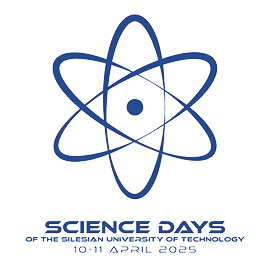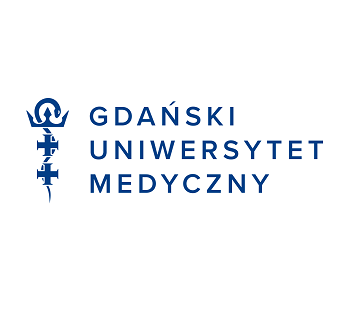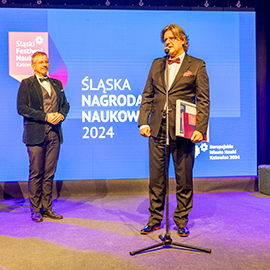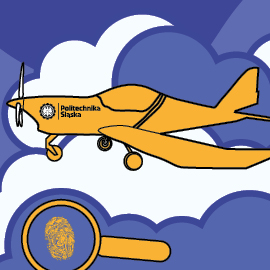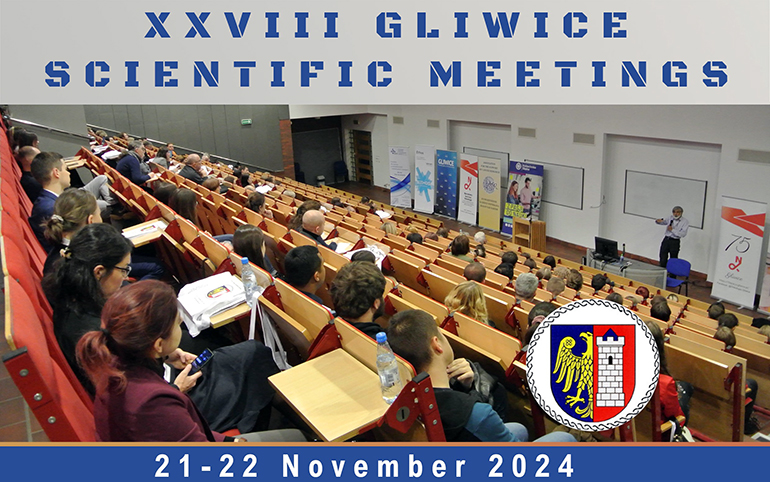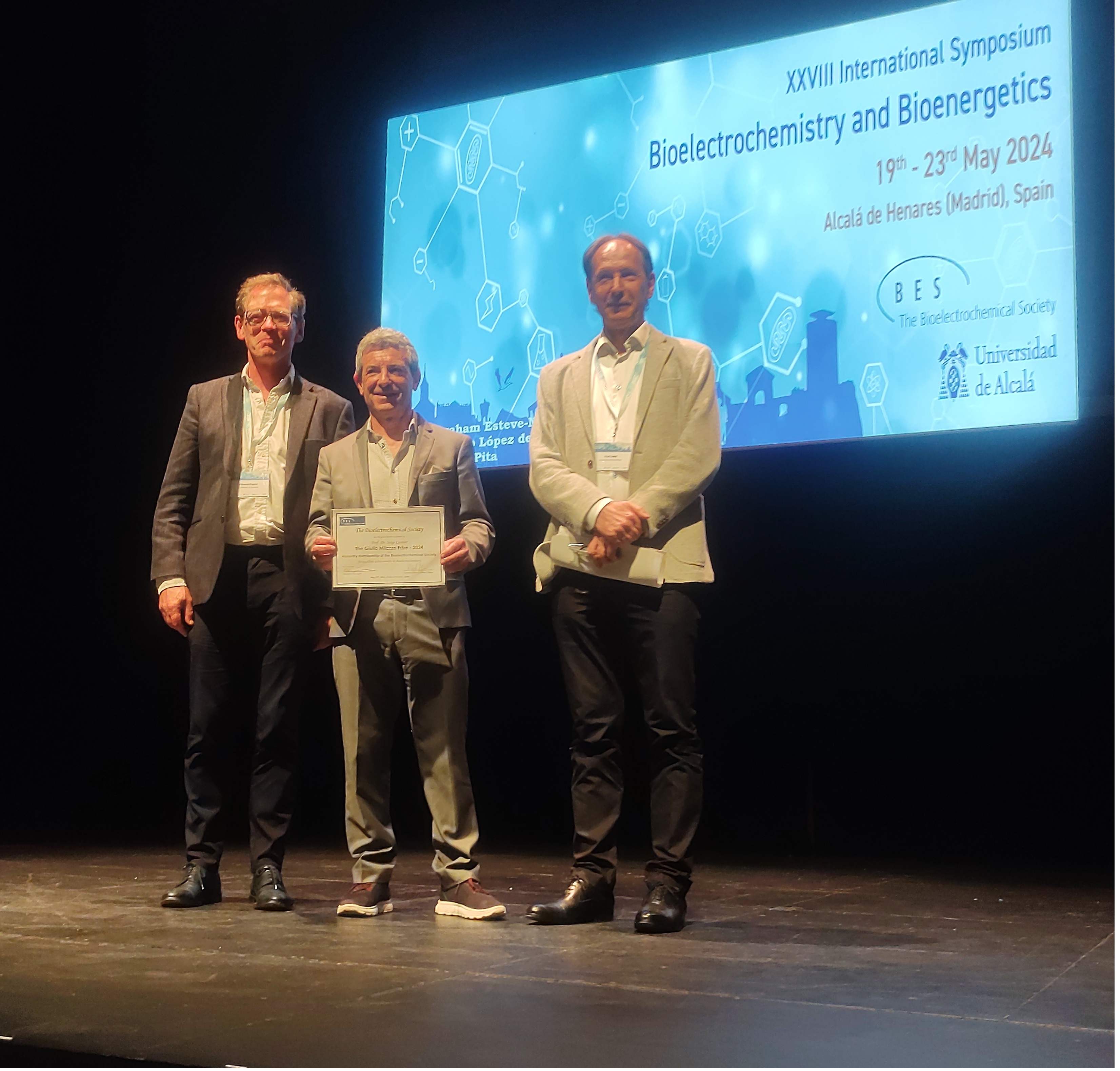Start - News

Biofeedback training facilitating commercial pilots’ psychophysiological resilience to the impact of COVID-19
We cordially invite everyone to participate in the following scientific POB1 seminar. The next meeting is a part of our Forum of Young Scientists, and our speaker will be Jingyi Zhang from the Safety and Accident Investigation Centre, Cranfield University, UK. The presentation will focus on "Biofeedback training facilitating commercial pilots' psychophysiological resilience to the impact of COVID-19".
We e-meet on Wednesday, December 14th, from 4:00 pm till 5:15 pm CET using Zoom platform.
Pilots have suffered from the impact of the Covid-19 pandemic across many factors including social, economic, mental, physical, emotional, and operational issues. The current research empirically investigates the effect of biofeedback training to commercial pilots’ resilience to the unprecedented impact of pandemic. Eighteen commercial pilots voluntarily participated in this research consisting of a two-day training on quick coherence technique (QCT) and a two-month self-regulated practicing QCT during the controlled rest breaks in the flight deck and during day-to day life. There are subjective (Ardell Wellness Self-Assessment, AWSA and Perceived Stress Scale, PSS) and objective (Inner Balance) assessments to evaluate the QCT biofeedback training effects on pilots’ perceived workload, wellbeing, psychophysiological coherence, and heart rate variability (HRV). Results demonstrated that QCT training can significantly increase pilots’ psychophysiological resilience thereby facilitating their mental/physical health, cognitive functions, emotional stability, and wellness on both subjective and objective data analysis. Moreover, pilots must maintain self-regulated practicing of QCT to form a habitual behaviour in order to sustain the maximum benefits once the training course was completed. This study has identified great potential for further research to enhance pilots’ mental/physical health and aviation safety via biofeedback training. Nevertheless, QCT biofeedback can be an effective intervention for aviation authorities and airline operators to develop peer support programs for pilots to increase resilience and maintain mental and physical health.













